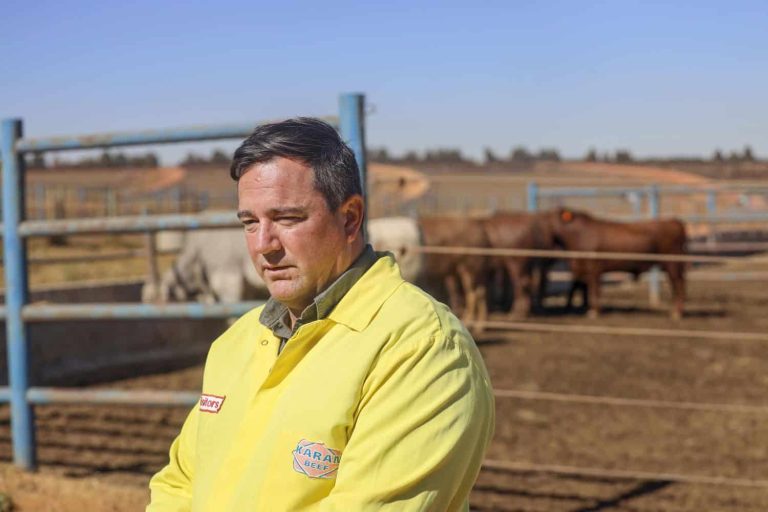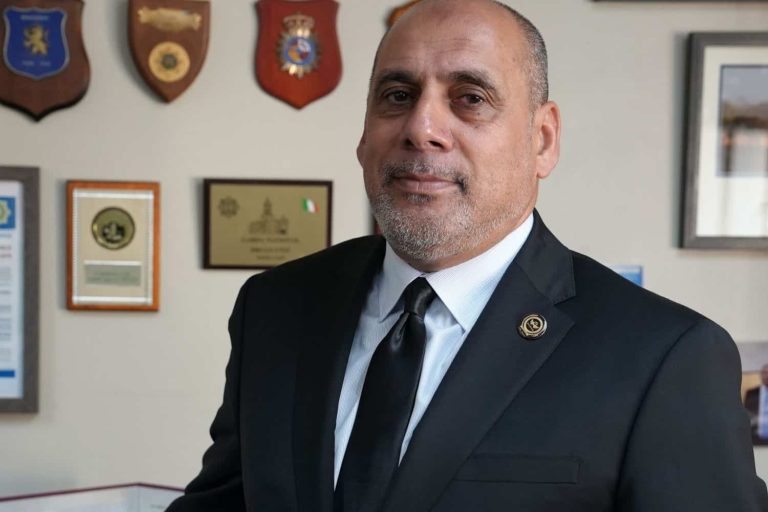
Actress and filmmaker Bukunmi Oluwasina has called on social media users to end online cruelty, especially the trend of celebrating the misfortunes of public figures.
In a series of Instagram story posts, the award-winning actress condemned the practice of mocking celebrities during vulnerable moments, urging fans to exercise empathy.
“What I see as very mean and uncalled for is some of you making a mockery of someone at her lowest moment. Just because someone shared her life online, it doesn’t mean she deserves judgment when things go wrong,” Oluwasina wrote.
She explained that public figures often showcase moments of happiness as a form of self-expression or therapy, and their online persona may not reflect the full reality of their lives.
“Some people’s way of being happy is to show it, and subconsciously it becomes their truth. They celebrate every little beautiful moment, which is very okay. So why blame them when they face challenges?” she asked.
Oluwasina highlighted the dual impact of celebrity influence, noting that while some youths emulate harmful behaviors, others are inspired to make positive life choices.
“We’ve seen young people picking up bad habits because their favorite celebrities pose with certain lifestyles. Yet, some are inspired to marry, settle down, and build stable relationships after observing how their idols honor their partners. That’s beautiful and commendable,” she said.
The actress also reminded followers that online personas are curated, and it is unfair to criticize public figures for personal struggles or mistakes.
“Nobody posts their struggles online. Life doesn’t come with a manual. Celebrities are humans, they make mistakes, learn, and grow, just like everyone else,” Oluwasina added.
She challenged fans who idolize online strangers while neglecting real-life role models, urging young people to appreciate the examples set by their own families.
“Why leave your own mother and father to look up to strangers online, and then blame them when they make mistakes? If living a worthy life were easy, wouldn’t you start at home?”
Oluwasina also addressed the roots of online resentment, likening it to setting oneself on fire while expecting others to suffer. She encouraged social media users to engage with constructive content on education, entrepreneurship, and personal growth rather than focusing on wealth displays.
In a heartfelt appeal to women, she concluded:
“Stop waiting for your fellow woman to fail or suffer to validate your skepticism. If you can’t be anything in this world, at least be kind. Be kind. It costs nothing.”
Oluwasina’s remarks serve as a reminder of the human side of fame and the responsibility of online audiences to foster empathy and positivity in digital spaces.



